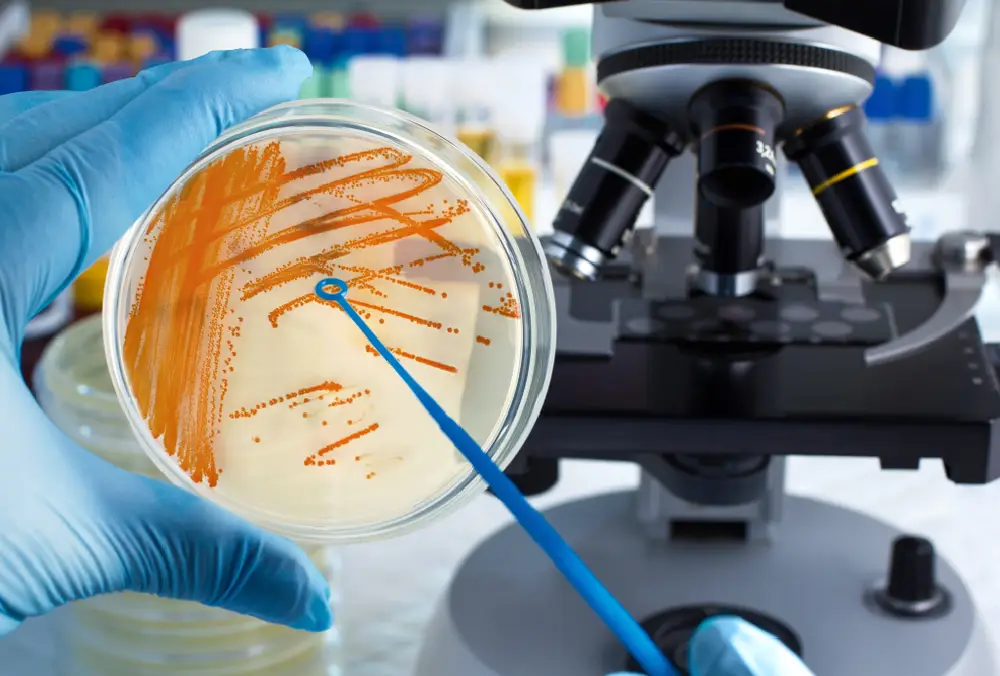Molecular Diagnostics

Molecular diagnostics is a branch of medical diagnostics that focuses on detecting and analyzing biological markers at the molecular level to understand and diagnose diseases. This field has become increasingly important in healthcare due to its ability to provide accurate and timely information about an individual’s health status. Here are some key aspects of molecular diagnostics:
Principles of Molecular Diagnostics:
Nucleic Acid Detection: Molecular diagnostics primarily involves the detection and analysis of nucleic acids, such as DNA and RNA.
PCR : PCR is a widely used technique in molecular diagnostics that amplifies specific DNA sequences, allowing for their detection and analysis.
Applications:
Infectious Diseases: Molecular diagnostics is extensively used for the rapid and accurate detection of infectious agents, including bacteria, viruses, and fungi.
Cancer Diagnostics: Molecular techniques help identify genetic mutations and alterations associated with various cancers, aiding in diagnosis, prognosis, and personalized treatment strategies.
Genetic Disorders: Molecular diagnostics is crucial in identifying genetic mutations and variations associated with inherited disorders.
Pharmacogenomics: Understanding an individual’s genetic makeup helps in predicting their response to specific drugs, enabling personalized treatment plans.
Techniques Used:
PCR and RT-PCR: Polymerase Chain Reaction and Reverse Transcription Polymerase Chain Reaction are fundamental techniques for amplifying and analyzing DNA and RNA, respectively.
DNA Sequencing: Sanger sequencing and next-generation sequencing technologies allow the precise determination of nucleotide sequences.
Fluorescence In Situ Hybridization (FISH): FISH is a technique using fluorescent probes to bind to specific DNA sequences, enabling visualization under a microscope.
Challenges and Considerations:
Cost: Some molecular diagnostic techniques can be expensive, limiting their widespread adoption in certain settings.
Complexity: Proper training and infrastructure are required for the accurate execution and interpretation of molecular diagnostic tests.
Ethical and Legal Issues: The use of genetic information raises ethical and privacy concerns that need careful consideration.
